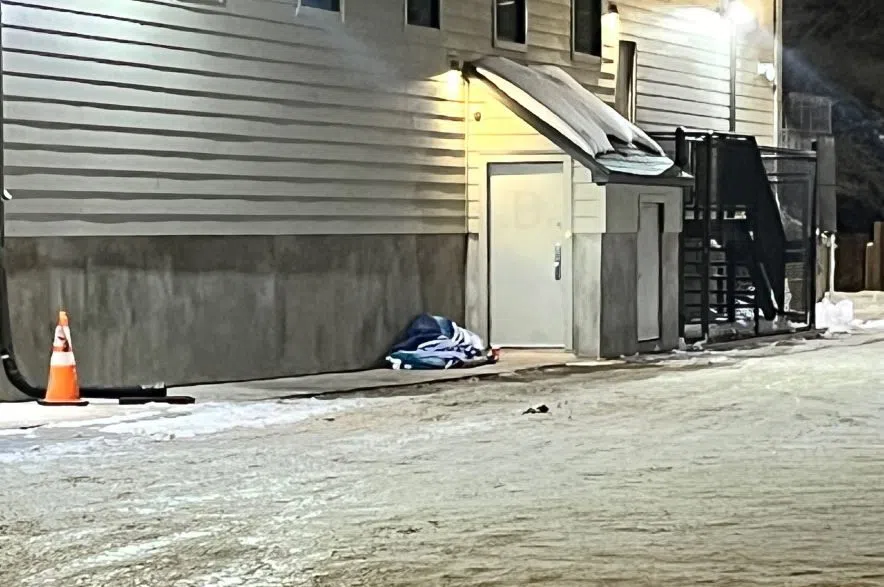If there was a shelter coming into the neighbourhood where James Gardiner worked or lived, he would be concerned.
So the incoming CEO of Alberta-based The Mustard Seed — which has been chosen to run two 30-bed shelters in Saskatoon — said that’s why his organization has “teams” of people to help ease those concerns.
The locations of the new shelters have not been made public.
“We have an agreement that we would be involved in public consultation along with the City of Saskatoon and the (Social Services) ministry,” said Gardiner.
“In our industry, we understand that there are definitely concerns that people have,” he added.
Traditionally, those teams have literally gone door to door to talk to residents and business owners.
“In the cold weather, you see people on the street, and I think everybody’s heart breaks for people that are out in the cold. But then (there’s) balancing the impact on their own personal life and then balancing the safety of their family and things of that nature,” Gardiner said.
He explained the Mustard Seed has been around since 1984, when its founder, Pat Nixon, also experienced homelessness in Calgary. The non-profit runs anywhere from 1,500 to 2,000 emergency and shelter spaces mainly in Alberta, along with five (what Gardiner calls) “non-market rental” apartment buildings offered as transitional housing, and 10 community impact centres.
While Gardiner can’t divulge the locations of the new Saskatoon shelters, he said the contracts with the social services ministry and the Saskatchewan Housing Corporation are for basic services including food and shelter.
“We’re still looking at the programming agreement to determine the scope of services that we could potentially be offering. Initially it will be … housing and food,” he said.
The goal, he said, is for the client’s shelter experience to be the starting point of moving forward and “getting their life back.”
The Mustard Seed will also be working with other Saskatoon agencies helping people in vulnerable situations. Another priority will be finding out which agencies they are.
“If there’s a gap that we identify in the community that’s not being covered today, then that would be the type of area that we would either be working internally or with our government partners to determine how we would fill that gap,” he said.
Typically, in the organization’s other shelters, there aren’t restrictions on the length of time someone can stay, but at this point it depends on the needs in the community.
Speaking with the provincial government, Gardiner said opening at least one Saskatoon shelter is a priority, but he hasn’t been given a timeline for a firm decision on an opening date either.
“We’re not at a point to be able to share that,” he said.
A request for an interview with a spokesperson from the Ministry of Social Services was made for additional details, including the location of the new Saskatoon shelters. However, a statement only confirming The Mustard Seed as “the successful proponent of a recently issued request for service to deliver new emergency shelter spaces in Saskatoon” was provided.
The province has also not provided any details on the opening of a new, 15-bed complex-needs shelter along Idylwyld Drive, other than a statement indicating “a goal (for the facility) to be established in early 2024.”
Gardiner said he’s excited to establish The Mustard Seed in Saskatoon, and the organization is expecting to post the first job opportunities within the next week. The first step will be to hire a shelter operations leader.
While people can be brought in from Calgary, he said the strong preference is to hire people from Saskatoon who know the city and the population. Volunteer opportunities will also be available.
“We want to work with the community. We want to engage the community. We would love feedback,” he said. “We view ourselves to be part of the solution in a really, really difficult problem.”











